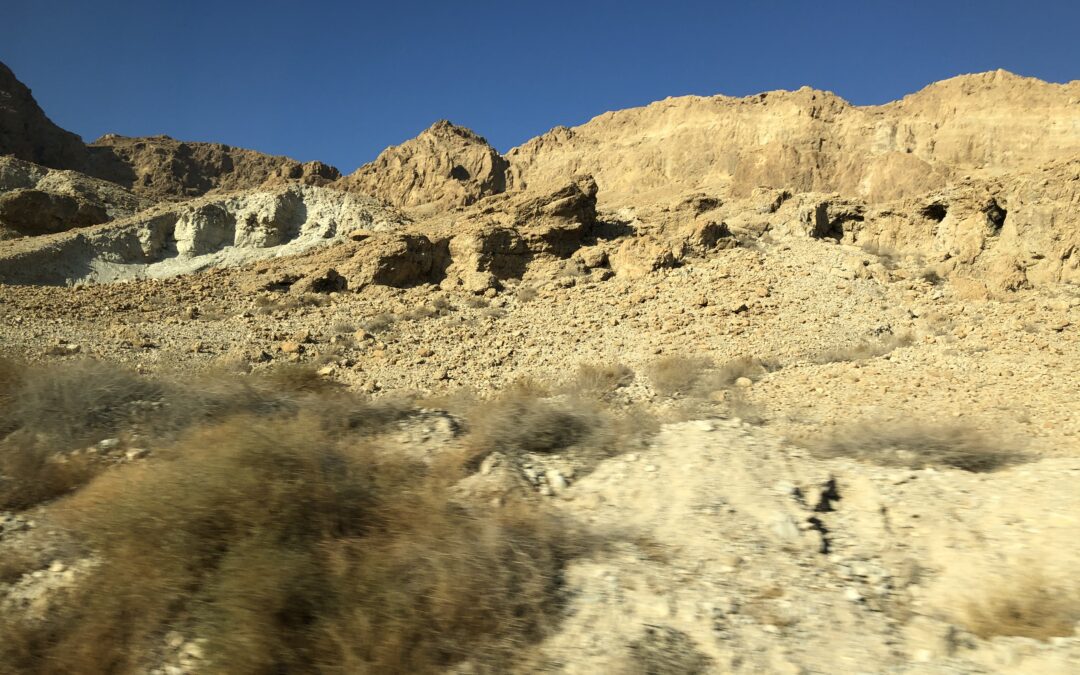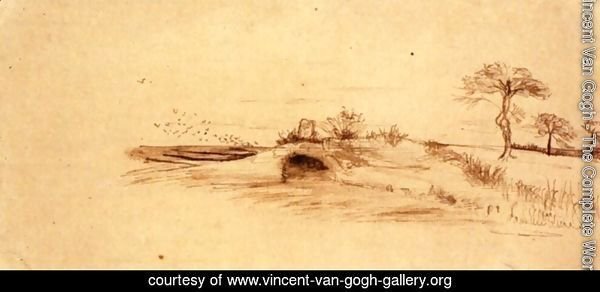This year, National Random Acts of Kindness week leads up to one of my favorite Torah readings, Terumah. Teruma means “gift,” or “donation.” As the Israelites are traveling in the wilderness of Sinai, they’re receiving the commandments from God and from Moses. They’re learning how to serve a transcendent God as opposed to a human taskmaster (Pharaoh) who thinks he’s god, and is revered by the Egyptians that way.
There’s one problem with the concept of worshipping and having faith in a God that one can’t see or hear–who appears as a cloud or pillar of fire–it goes against logic and reason. In the pagan religions that the Israelites were fa, idols represented various deities and provided a tangible focal point for prayer and supplication. As we’ll see in the incident of the egel ha-zahav, the Golden Calf, the Israelites weren’t ready for such a huge change in their worship style.
In Terumah, God tells Moses to accept donations of various items and supplies kol ish yid’benu leebo, from each person whose heart moves him, v’asu li mikdash, v’shakhanti b’tokham, “Let them build me a sanctuary that I may dwell among them.” These are voluntary donations, not required like last week’s half-sheckel, and the people responded wholeheartedly. They were so generous, in fact, that Moses had to ask the people to stop bringing.
In his book, Deep Kindness, author Houston Kraft tells of a high school student who came up to speak with him after a presentation. The student, in commenting abou the difference between being nice and being kind said, “I think nice is easy because of how reactive it is. Kindness… is way harder. Kindness is proactive.”
If being kind was easy, would we even need to talk about random acts of kindness, let alone dedicate a week, or even a day, to the idea? And what happens the rest of the time?
Our sages taught (Mishna Avot 1:2), al shlosha d’varim ha olam omed, al ha torah, v’al haavodah, v’al gemilut hasadim, “On three things the word stands; on Torah, on service and on acts of hesed, loving kindness.” Kindness doesn’t just fall in someone’s lap; it needs to be cultivated, and we need to seek out opportunities to perform acts of kindness.
These acts don’t have to be large; after all, neither Moses nor God specified the amounts that anyone was to donate; their generosity ultimately came from a desire to draw closer to God, and perhaps to each other. Being kind, being a kind person, doesn’t cost anything, but what it can give us in return is priceless.











0 Comments